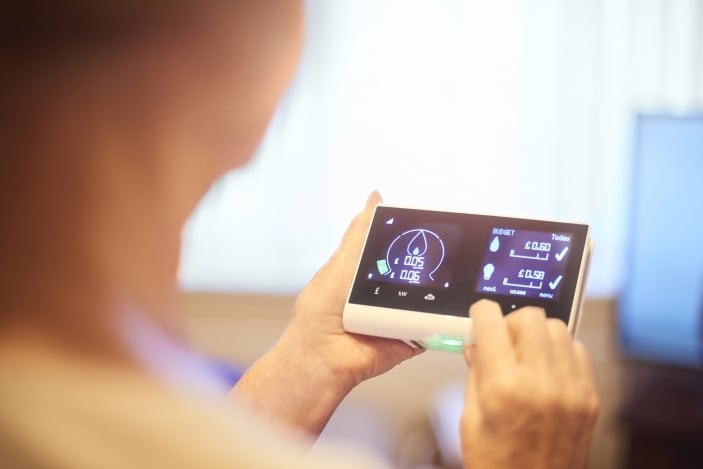Domestic smart meter installations continued to falter in Q1 2019, rendering the government’s 2020 deadline ‘unfeasible’.
Official statistics released yesterday by the Department for Business, Energy and Industrial Strategy showed that just over 1 million smart meters were installed by the country’s energy suppliers throughout the first three months of the year, taking the total number of meters installed to 13.2 million.
But that installation figure is actually down around 6.7% on the number of installs recorded throughout Q4 2018, and sensationally down 17% compared to installation rates recorded a year ago.
The last time installation rates were this low was in Q1 2017.
The new figures are particularly damning given the government’s continued expectation that installation rates would ramp up this year, and highlight the scale of the task government has in hand if it still intends to meet its own self-imposed target.
Gillian Guy, chief executive at Citizens Advice, said the figures showed “yet again” that the 2020 target is unfeasible.
“The government’s last cost-benefit analysis anticipated that 15 million meters would need to be installed this year. In order to hit that target, suppliers will need to install meters around three times faster than they did in Q1.
“The rollout deadline should be extended to 2023 and the government should publish up-to-date information on the costs and benefits of the programme,” she said.
In January the government admitted that it could relax the deadline, labelling it “challenging” for suppliers to meet, but there has yet to be any firm movement as of yet.
The scale of the task was also underpinned earlier this month when SSE confirmed that it was eyeing as many as 400 redundancies from its retail arm, cuts which were at least partially attributed to spiralling costs associated with the smart meter roll-out.





